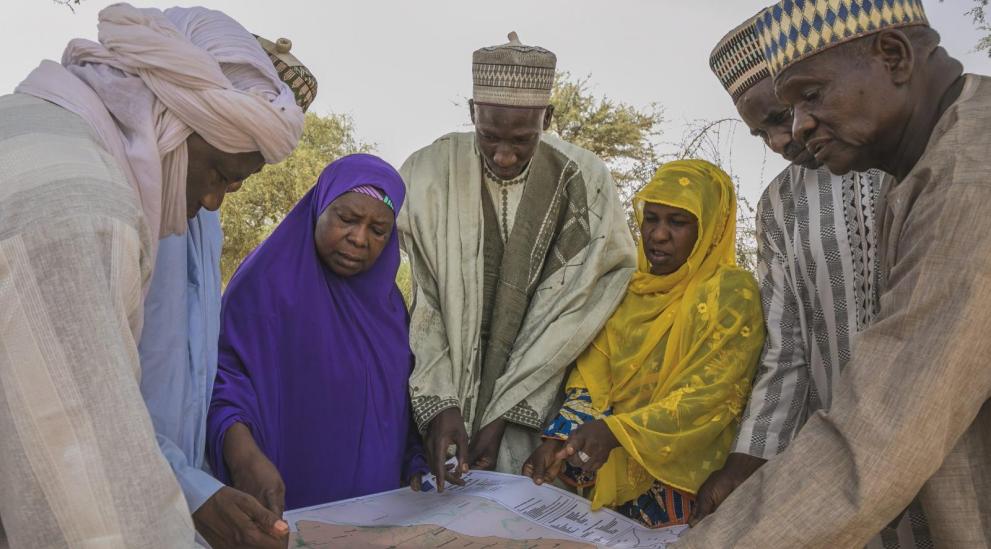
The mid-term evaluation of the European Union Emergency Trust Fund for Africa was launched in 2019 and its scope included over 200 out of 600 contracted projects implemented between 2016 and 2019. The review process involved a large consultation, including EU Member States, European Commission services, the European External Action Service and EU Delegations across the three regions. To ensure the coverage of key dimensions of the EUTF for Africa, field visits were conducted in Ethiopia, Libya, Morocco, Niger, Senegal and Somalia.
The main conclusions of the mid-term review indicate that the EUTF for Africa demonstrated the ability to deliver fast decisions based on its four strategic objectives. This was achieved thanks to its flexible and efficient governance structure and its knowledgeable and committed staff. The EUTF for Africa also increased local and international attention to migration issues and achieved significant results in building the capacity of national bodies responsible for migration management across the regions. Moreover, the EUTF for Africa generated important lessons about the management of complex programmes in fragile environments. It also established a comprehensive system for knowledge production and quality assurance with vast quantities of new data produced through the Monitoring and Learning Systems, the Research and Evidence Facilities and the Technical Cooperation Facility.
The mid-term review conclusions note that despite its time-limited nature, the EUTF was tasked with addressing the root causes of some of the most intractable societal challenges faced by partner countries. However, it also noted that the lack of a programming framework made it harder to decide on allocations across the different strategic objectives. With regard to increasing economic opportunities and employment, the mid-term review concludes that the EUTF interventions in this area were overall modest, but they were effective when they were packaged in a way that involved the private sector.
The mid-term evaluation generated a set of recommendations, which provide useful insights for future strategic directions and programming under the new EU funding architecture.
In terms of future programmes, the mid-term evaluation recommends that the EU should consider programming all its interventions in a country or region within one common analytical framework. It also recommends having differentiated results framework structures depending on the development challenges in the partner country/region. It should also develop differentiated contracting and implementation regulations for ‘fragility, conflict and violence’ contexts and provide ‘whole of community’ interventions to increase resilience, particularly when addressing situations of natural resource fragility.
The mid-term review also recommends strengthening the coverage of migration in bilateral and regional programmes, ensuring that the entire ‘Valletta Agenda’ is covered. Likewise, it suggests embedding the support for economic and employment opportunities within larger market development efforts and with private-sector involvement. Finally, the evaluation recommends focusing the remaining period of the EUTF on generating further knowledge and understanding of its interventions in a collaborative manner with other international bodies.
Overall, the European Commission services agreed with the recommendations of the mid-term review, noting that some of the issues highlighted are already being tackled through the EUTF for Africa programmes. The services also believe that some of the suggestions could be taken up in the future under the newly established Neighbourhood, Development and International Cooperation Instrument (NDICI).
The EUTF for Africa mid-term review report is available on the dedicated webpage Results, Monitoring and Evaluation
Details
- Publication date
- 24 February 2021
